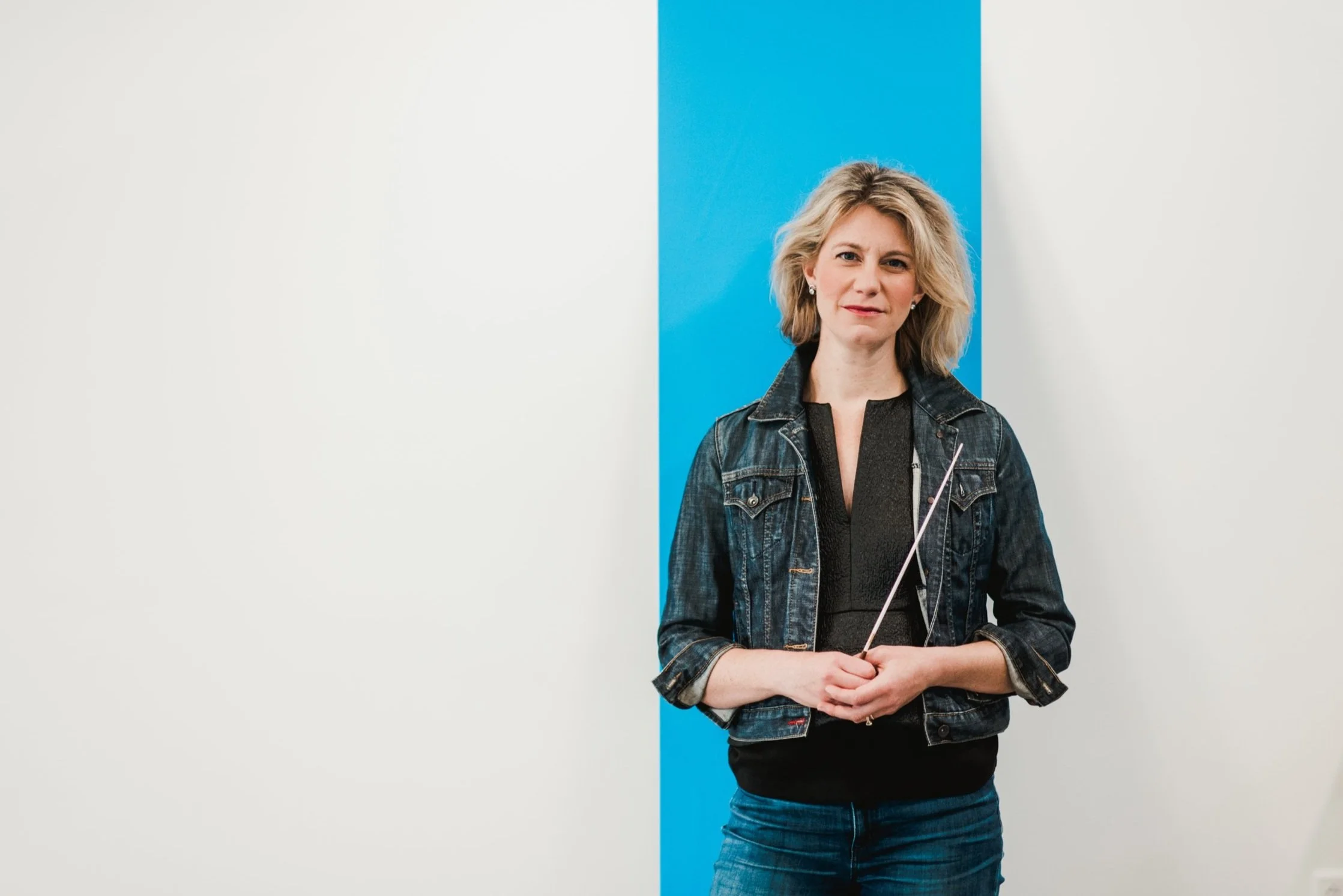Articles
Featured
““You don’t need to go to all of them, but if you bump into Emily, you may end up staying through each piece, going to all the after parties and wondering how you signed up for singing lessons of the baroque style. Really, her passion is that contagious.” ”






![Star Tribune: Classical Uprising performs 'The [uncertain] Four Seasons' that reflects climate change](https://images.squarespace-cdn.com/content/v1/5886a11b8419c212002dfcea/1730909176334-AZX0V84M20501T2LNSTZ/Screen+Shot+2024-11-06+at+11.05.53+AM.png)
![Twin Cities Pioneer Press: With ‘The [Uncertain] Four Seasons,’ classical musicians and St. Kate student poets tackle climate change](https://images.squarespace-cdn.com/content/v1/5886a11b8419c212002dfcea/1730908757013-G1LCQ8HKWQ7RYHNYR0PM/Screen+Shot+2024-11-01+at+12.26.55+PM.png)























